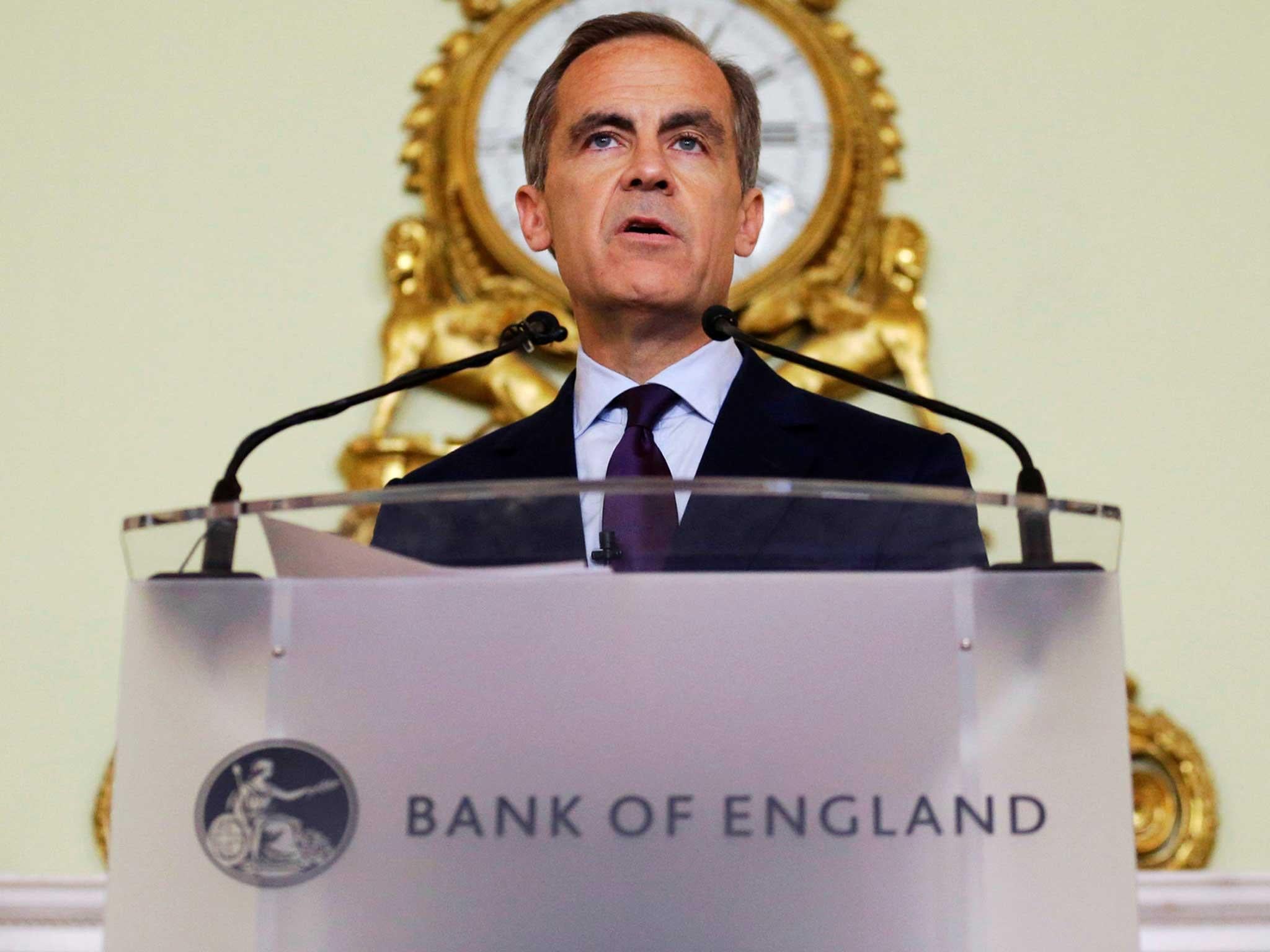Interest rates will fall tomorrow after Brexit – here's what that means for you, your mortgage and your savings
The Bank of England would be wise to delay a decision on interest rates, but Mark Carney's indications mean there is more than an 80 per cent chance of a cut this week – not to proceed now would cause an economic shock


There are three things the Bank of England’s monetary policy committee can do to boost the economy on Thursday, if it chooses to end the seven years of no change in interest rates. One is to cut bank rate from 0.5 per cent to 0.25 per cent. Another is to start a new bout of quantitative easing, buying government securities to pump money cash into the system. And a third is to try to boost bank lending more directly by restarting its Funding for Lending Scheme, providing additional funds directly to the banks to push them to lend more.
Or it can do nothing, saying perhaps that the MPC has decided to postpone any action until the next meeting in August, when it will be clearer to what extent confidence has really been depressed by Brexit and what fiscal policy under a new Chancellor might be. Mark Carney, the Bank’s Governor, has indicated that the action at these two meetings, this one and the August one, should be seen together.
This last option might be the wise one – but it will be difficult to sell, because Carney has indicated that policy will be eased and the markets overwhelmingly expect at least a cut in rates now. They reckon there is more than an 80 per cent chance of this happening, so not to cut rates would cause a severe shock. They also expect asset purchases to resume, albeit at a low level. It is probably safer to do what the market is expecting on the grounds that this is not the time to rock the boat.
But what effect might this cut in rates have? Policy has already been eased by the fall in sterling, which gives a boost to exports and at the margin will tend to cut imports. It is never quite clear how currency movements affect the economy, but we are already seeing greater foreign interest in buying UK property. The question is whether the economy needs an additional boost from monetary policy too.
If we do get that 0.25 per cent off interest rates, there will be one group of immediate winners: people on tracker mortgages. There are about 1.5 million trackers in the UK, and the Council for Mortgage Lenders calculates than on an average mortgage of £114,000, the cut would be worth about £15 a month. New buyers, who borrow mostly on fixed rates, should benefit from the general downward movement of long-term interest rates.
If there are winners, there are also losers. Savers are the obvious group, though arguably interest rates are so low that going a bit lower will not make any difference. Less obvious are the pension funds, because of the impact lower long-term interest rates have on annuity rates. And even less obvious losers are the banks, as low interest rates put pressure on them too.
The paradox is that a further cut in rates would make monetary policy in the UK look more like policy in Europe, where rates are bargain basement too, and less like the US, where some further rise in interest rates is expected later this year. This is not quite what the Brexiteers had in mind.
Beyond the summer, what happens to UK interest rates? The popular view is that they stay low for a far as the eye can see. If inflation starts to rise, as is expected following the decline in the pound, then the Bank of England will look through the rise and pay more attention to the real economy. It expects things to weaken seriously next year.
But there is a minority view that even the present level of rates – let alone lower ones – have become ineffective. As the US nudges rates up, and if the UK economy performs reasonably well, then maybe rates will go up again some time next year.
If the past weeks have taught us anything, it must be the huge uncertainties of financial markets. No one predicted that three weeks after the Brexit vote US shares would hit an all time high, or even that the FTSE 100 index would be close to its highest level this year. The markets got the pound right; they got equities wrong.
Meanwhile, though, they expect a rate cut on Thursday.


Join our commenting forum
Join thought-provoking conversations, follow other Independent readers and see their replies